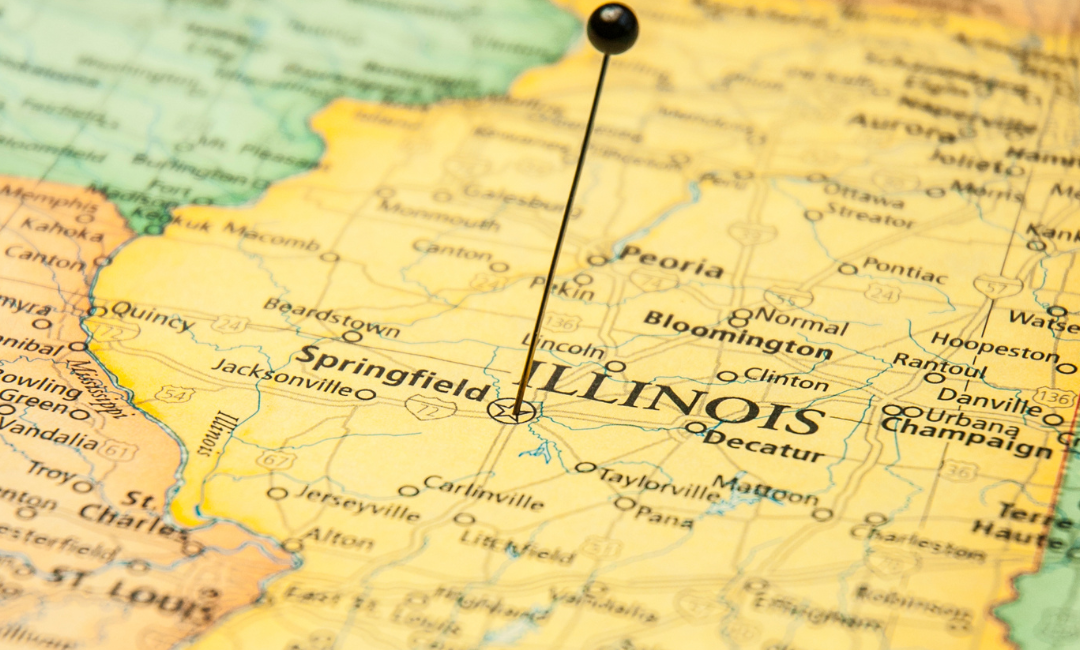What is an NP?
The American Association of Nurse Practitioners (AANP) defines an NP as an autonomous and collaborative clinician who utilizes their expertise in diagnosing and treating health conditions as well as disease prevention and health management.
In a 2020 AANP National Sample Survey, it was found that almost 70% of NPs in the U.S. were certified in family-based primary care.
NPs are APRNs who are independent, organized, and work closely with their patients.
They specialize in specific patient populations, take health histories, assess, diagnose, and treat acute and chronic illnesses.
Oftentimes, NPs act as primary care providers.
If you are an NP, you can practice in hospitals, long-term care facilities, community clinics, private practices, and ambulatory clinics.
So, in a nutshell: the opportunities for an NP are endless!







